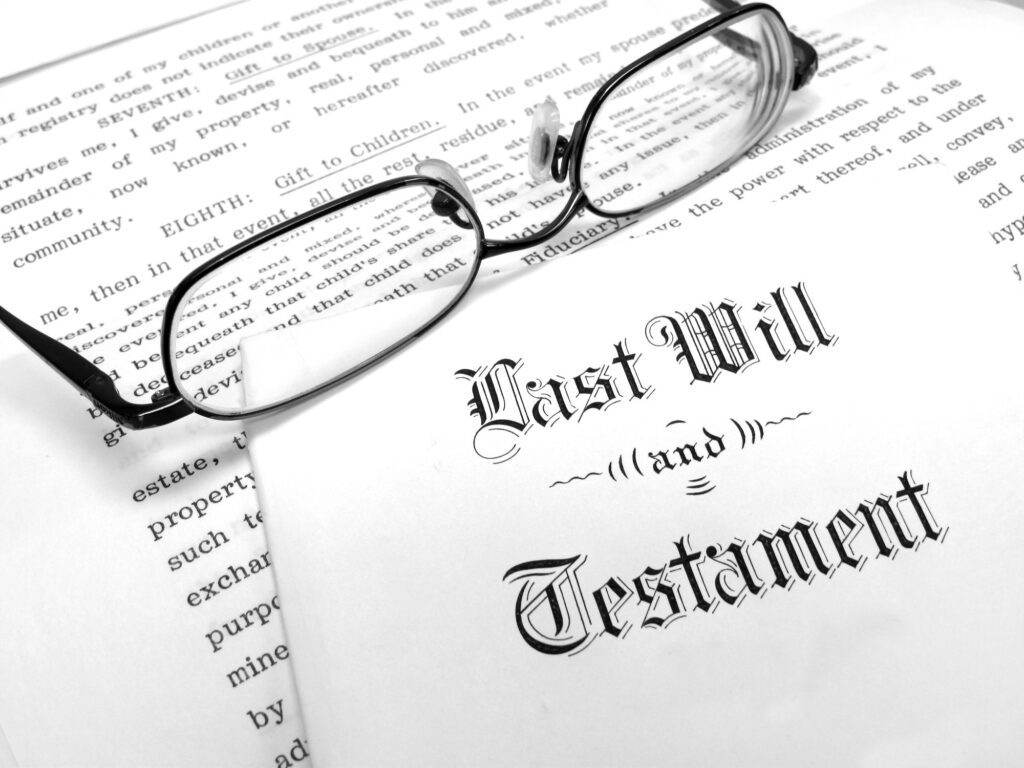Around 60% of Americans have no will or trust to speak of. This can make matters quite complicated after they pass.
Even still, a will comes with plenty of legal tape. For instance, you might be wondering, “How long is a will valid after death.”
The more you know about wills, the more informed you’ll be later on. Keep reading to learn about writing a will so that you can be as prepared as possible.
The Value of Writing a Will
Writing a will is a cornerstone of responsible financial and estate planning. It ensures that your wishes are known and respected after your passing.
The process of creating a will involves documenting how you want your assets to be distributed and who should oversee it. Whether you’re young or elderly, having a will in place is a decision that brings peace of mind.
Choosing the Right Types of Wills for You
There are various types of wills, each catering to different needs and circumstances. A simple will is suitable for those with uncomplicated estates. A living will outlines healthcare preferences in case of incapacitation.
For anyone with substantial assets, a testamentary trust might be best. Understanding the types of wills available is crucial in tailoring your document.
How Long Is a Will Valid After Death
How long does a will last? The validity of a will after death depends on several factors. In most jurisdictions, a will is often considered valid until it is officially revoked or replaced by a newer version.
However, certain changes in life circumstances may call for updating your will. This can include marriage, divorce, or the birth of one or more children.
Factors Influencing Will Validity
The duration of a will’s validity is influenced by legal and personal factors. Legal requirements may vary by location, so it’s worth discussing them with a local lawyer.
Ensure the will is properly executed, with witnesses, signatures, and more.
Estate Planning Tips for a Lasting Legacy
Estate planning encompasses a comprehensive strategy to manage your assets during and after your lifetime.
Do you want to ensure a lasting legacy? If so, you should look to the professionals for guidance on minimizing taxes, distributing assets, and more.
Will vs. Trust
It’s worth emphasizing that a will takes effect only after your death.
A trust can be used during your lifetime and can continue to manage assets after you pass away. Trusts offer benefits such as avoiding probate, maintaining privacy, and providing more control over asset distribution.
A Will Protects You and Your Loved Ones’ Best Interests
Has someone ever asked you, “How long is a will valid after death?” You can begin explaining some details. Still, discussing these matters with a qualified lawyer is always best.
That’s where Crosson Richetti & Daigle come in. We’re the lawyers Lehigh Valley trusts the most. We can handle estate planning and administration, adoption, divorce, immigration, and more.
We’d love to talk about how we can meet your estate needs. Reach out to Crosson Richetti & Daigle and schedule a consultation.







